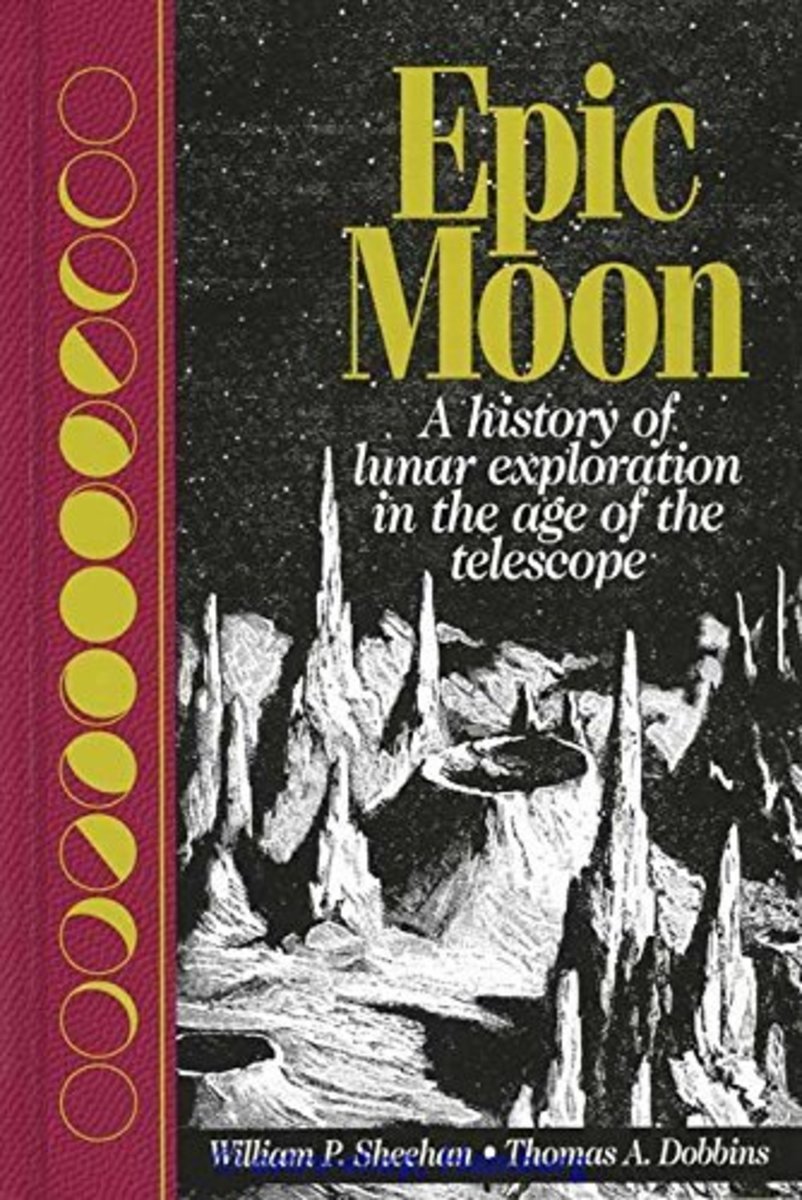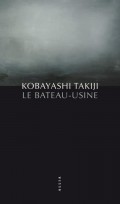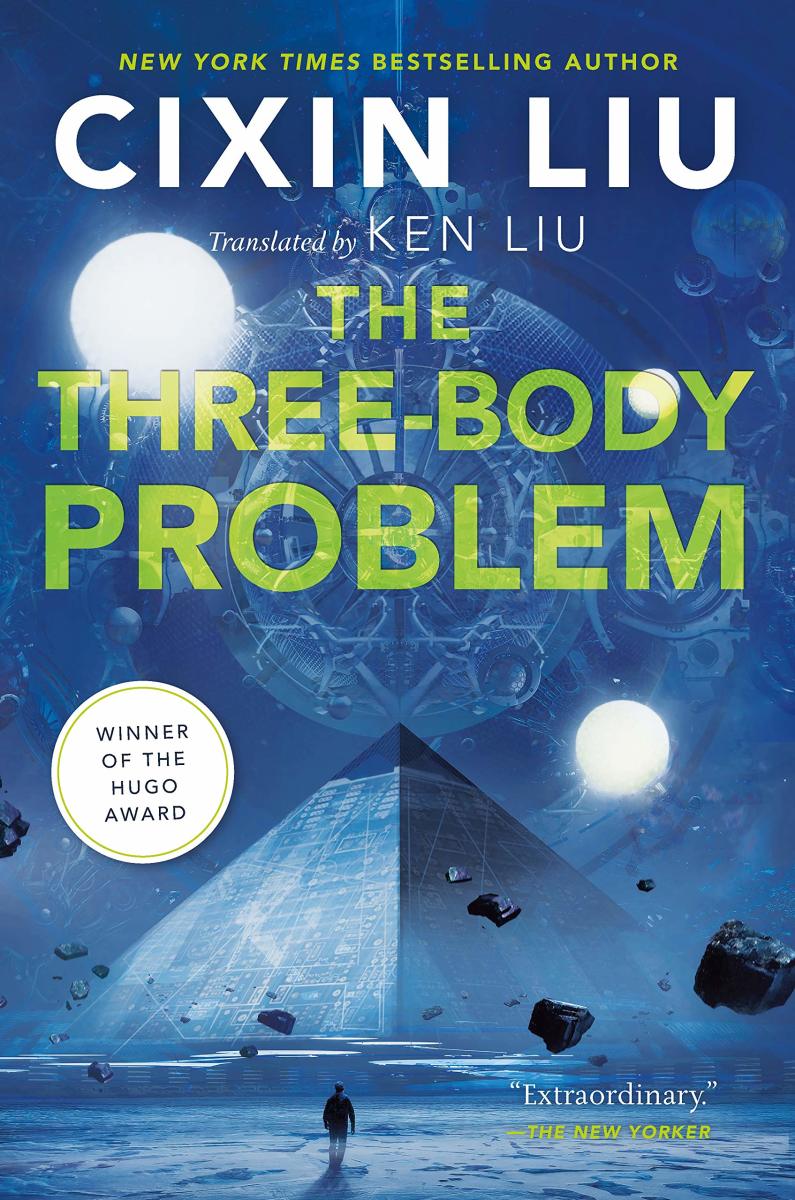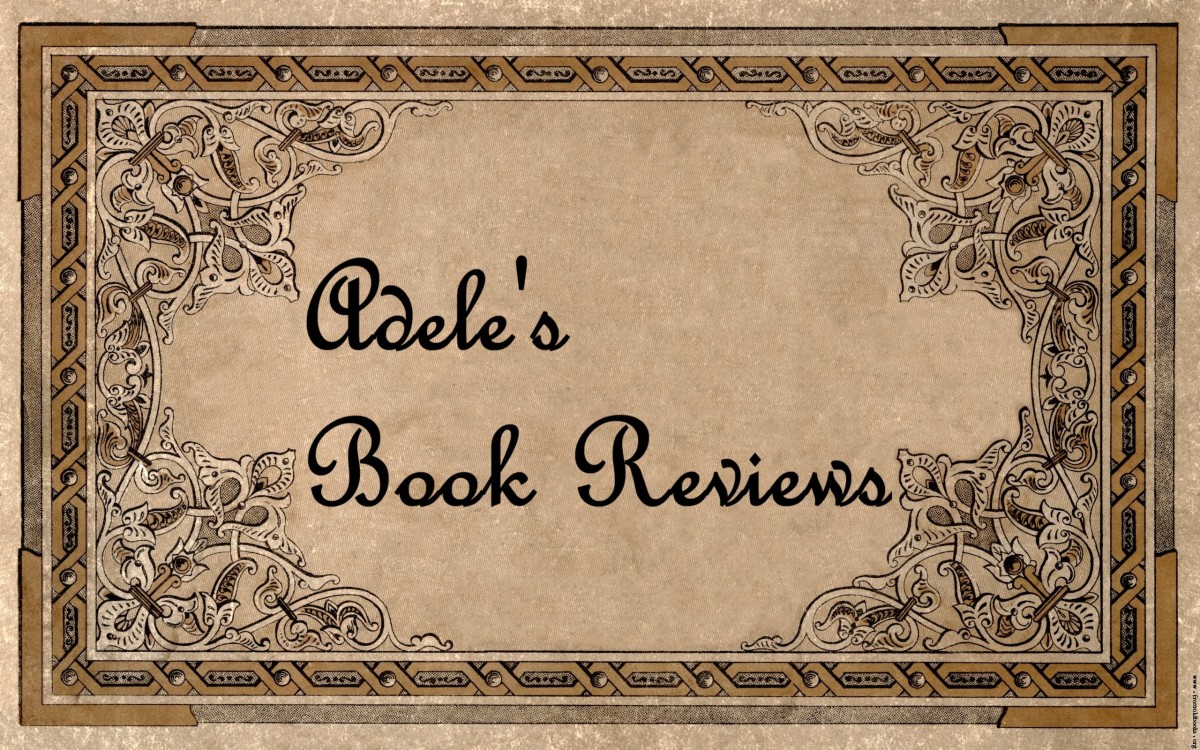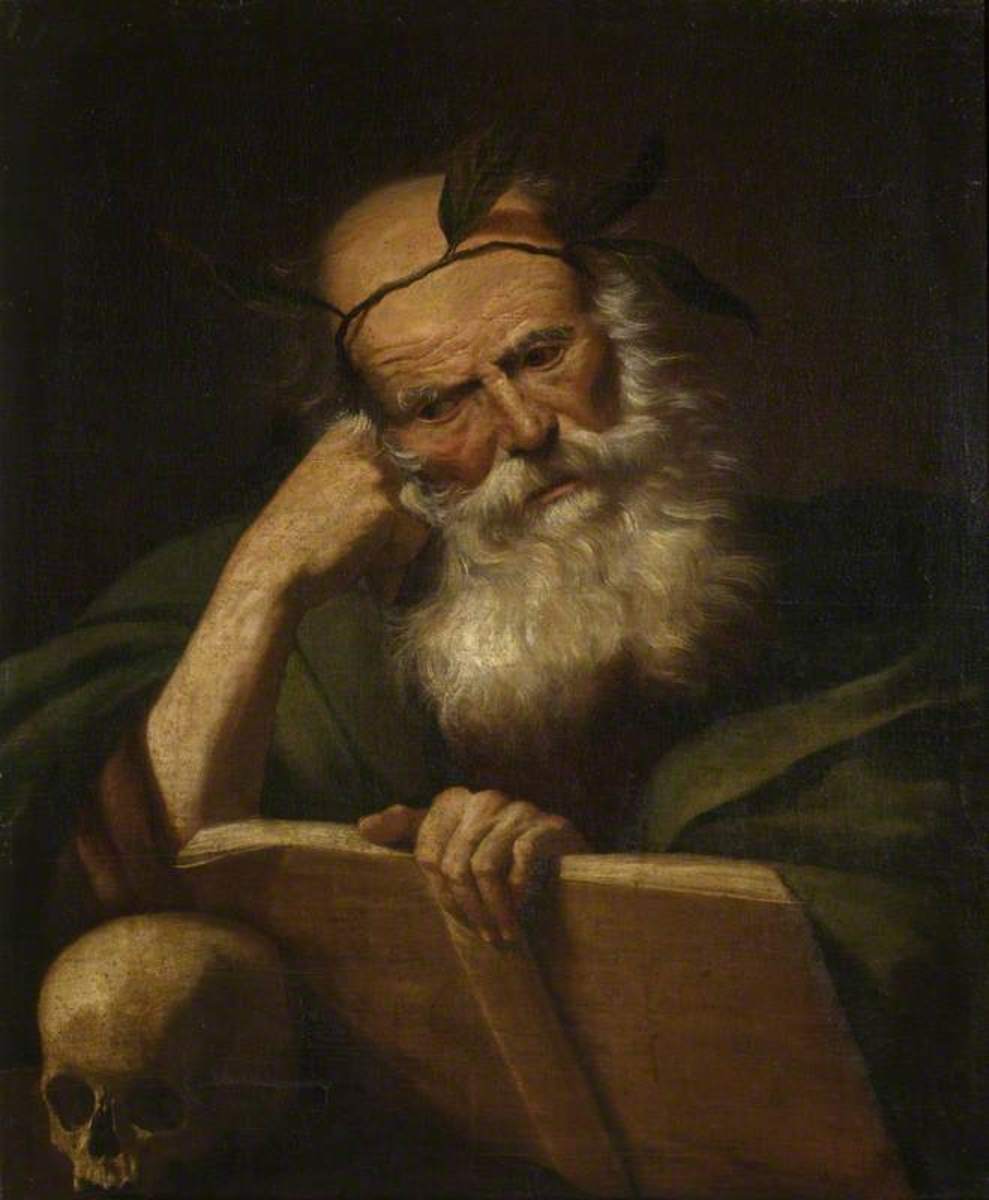Reflecting on Le Don Paisible
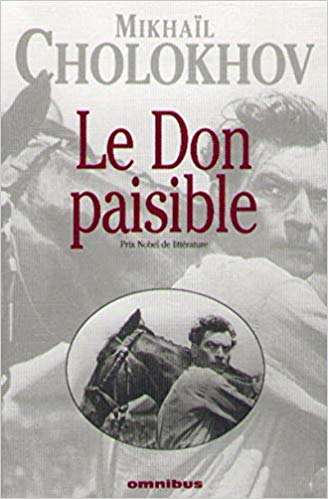
Perhaps it stems from a certain bashful feeling of arrogance, that after at last coming to the end of the near 1,400 page epic (in the Homeric sense, and not in the debased contemporary utilization) that constitutes Le Don paisible, the French translation of Тихий Дон by Mikhail Sholokhov, or in English, And Quiet Flows the Don, and translated into French by Antoine Vitez, one dares only to call it reflections upon this chef-d'oeuvre. Perhaps it is a sense of coyness, or perhaps a sense of ignominious inferiority compared to the masterful quill that etched in ink this masterpiece that won the Noble Prize for literature, the knowledge that one stands in such an abject status of unsophisticated ignorance and incomprehension before such a masterpiece, that to call what one writes upon the subject as a "review" stinks putridly of crass arrogance, hubris, narcissism. Thus in childish hope one anxiously pulls over oneself the cover that this is not a review, but rather that one is merely looking back upon what one had experienced and enjoyed from this long river which so majestically flows throughout the years, across the vast plains of human life, misery, and love, to arrive at the distant sea, its wild energy expended as it joins once more to the infinite sea, to reflect not on trying to critique, but simply to stand around its burning fire and warm one's chilled hands before the raging inferno and to whisper the feeling that courses through the chilled blood of yesteryear.
Perhaps this idea of a river is that which is drawn to my mind in recalling this novel, that to simply look on it as a story, as a novel, as a tale, is to not do justice to the elegance of this account, that like the that great root spring of the Western literary tradition, with the Iliad and the Odyssey of Homer, that there is something about the nobility and the puissance of water which elevates a story to a higher level in reflection upon it, that somehow it forms the most apt and fitting metaphor of all for this work. The river may roil in its watery bed as it traverses the land, it may lash itself into foamy waves as storms whip it to a frenzy, it may rush in white torrents over rapids, constrict and narrow at fords, but the river flows nevertheless, as it pursues tirelessly its endless voyage, attired in an inner peace and calmness. And thus passes Le Don paisible, named after the great Russian river where Cossack homes cluster alongside its tree-lined banks, and which so embodies the spirit of this saga.
It would be a formidable and hopeless task to describe the book in the detail which it merits and deserves. But as a brief summary, Le Don paisible starts in 1912, on the eve of the First World War, and follows the main character Grigori Melekhov, a young Cossack from the village of Tatarski. It proceeds to trace his adulterous love affair with Aksinia, trapped in a loveless marriage to a cruel man named Stépane, his dutiful marriage to his wife Natalia, the conflict existing for him, his exile war to the first world war, and the long years of conflict and fighting at the front and then back in the village, painting the epic story of the Great War and the Russian Civil War, as Grigori fights for both sides at times, in revolution and revolt, both White and Red oppression and terror, and its final calamitous ending.
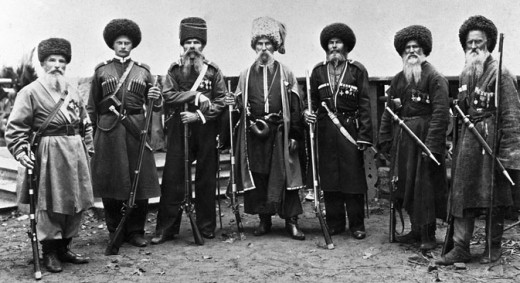
It is not a book which is easily read. This is I believe, not something which any human soul can achieve for this book, as it cries out in wretched and abandoned agony, as a young and vital blood, turned crimson in the dark, gushes from the throat of a lost and betrayed young girl as she drags across her own flesh a sickle, as a mother lies dying surrounded by her weeping children, a pure and innocent forgiveness upon her dying and cold lips, as life ends for a once-light soul in the profound watery depths of the Don, dappled with the sun's light, the diary of a young soldier forever fallen upon the uncaring and bloodied trenches of death as he looks back upon the whirlwind of his love, as one crosses the great expanses of human misery and the pain inherent to the human condition, as one watches with horror the unstoppable and invincible assault of the unspeakable cruelty of unfeeling time and history upon what has grown to love and cherish in one's inner heart. It is a book which will confront one with an immense burden of pain, upon which one has no choice but to set down its harsh pages, with the spider-like black writing against the virgin white, to feel bitter and salty tears wash over unseeing orbits framed by crinkled lines of loss, encircled by crimson circles of sadness, an aching feeling of pain and loss clawing at both the corners of the eyes and biting at the edges of the soul.
But it is one which at the same time as heavy grief wanders unrelentingly across the spirit, leaving its trail of bitter and wanton destruction in its forgotten wake, stuns with the beauty and the elegance of the text. As one reads each of the pages, as one claws one's way through its vast expanse, across the serried legions of words etched frozen into time, every page stuns with the careful choice of prose and the eclat and panache of the language chosen within. In a sense, every piece of writing is a work of art, that the human soul invests itself in its strive for perfection, in its strive for beauty and meaning. But with this book, this fundamental longing of the human spirit as it records itself in written form strays close to the surface of the quiet and still waters, as the human eye marvels at the brilliant tapestry that it forms, as one sees the art that his fellow is capable of expressing and feeling.
Quinze jours plus tard, la petite tombe était couverte de plantain et de jeune absinthe, l'avoine folle épiait, le colza s'épanouissait en opulentes fleurs jaunes, le mélilot laissait pendre ses grappes, cela sentait le thym et l’euphorbe. Peu de temps après, un vieillard du village voisin vint creuser un petit trou à la tête de la tombe et y planta un poteau de chêne fraîchement raboté, surmonté d'une icône. Le visage triste de la Vierge jetait une faible lueur dans l'ombre sous l'auvent triangulaire, las les fioritures de l'écriture slavonne se détachaient en noir sur la corniche :
En ce temps de trouble et de misère
Frères, ne jugez pas vos frères
Le vieillard s'en alla et l'icône resta dans la steppe, affligeant les passants par son aspect mélancolique et faisant naître en leur cœur une étrange tristesse.
Au mois de mai, deux canepetières y livrèrent combat, s’enfoncèrent dans l'absinthe bleue, écrasèrent les tiges vertes du chiendent mûrissant : c'était deux mâles qui se battaient pour une femelle, pour le droit à la vie, à l'amour, à la reproduction. Et bientôt, côté de l'icône, sous une motte de terre, derrière une vieille touffe d'absinthe en lambeaux, la femelle pondit neuf œufs gris-bleu et les couva, et elle les réchauffait de son corps, et elle les défendait de ses ailes luisantes.
The work of a translator is an oft forgotten one, and Antoine Vitez' hand must be one which is thanked and admired too, for his ability to produce such a beauty in translating the soul and spirit of this work into a foreign tongue. Some things can never really be translated of course. A dear Russian friend of mine noted for example, that the synonym for women at the time was бабы, currently fallen into an archaic status, and most of the women of the stanitsa (the name for a Cossack village) carried this appellation, while the women of the Melekhov family carry a diminutive affixed which softens this, that of бабочки. Unfortunately, such things are really not possible to translate out of a language, but for whatever the author could, the skill and excellence with which he captured the incredible detail and faithful understanding of the Cossacks, their lives, traditions, mentalities, and of the author's brilliant and beautiful pen, is remarkable in of itself.
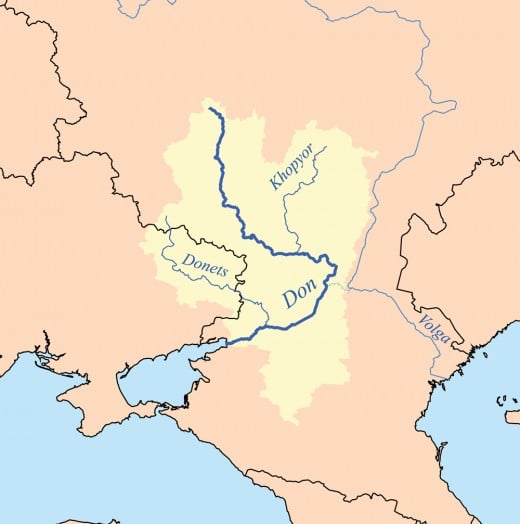
This beauty and this incredible power of description are the backbone of a book which pulls the reader with such terrible conviction and power throughout these long bloodstained years, from the sunny upland meadows of life before the First World War, to the blood drenched horrors of the trenches, to the confusion, the pain, the tragedy, betrayal, and terror of the Civil War, which throws human life near powerless into this whirling vortex of fate and the hand of destiny. Before this storm one cowers and stands aghast as again and again the unfeeling and brutal waves of tragedy throw oneself time after time upon the agonizing rocks of the implacable forces of time. For a historical fiction novel, I am sure that there is no real peer: there is no book which has such a pure and unsullied fidelity to the Cossacks and their history, to their condition and existence in Russia through these terrible years, to their traditions and songs as pages blossom with the traditional folk songs of the Cossacks, to the evolution of history and the events which transpired in the years between 1912 and 1921, to the ideas, the mentalities, the beliefs, which animated and drove those who fought and died, which caused sons to leave behind their tear-riven mothers to fight for the power of the Soviets on the Don and for the end of war on this earth, their grim and aged fathers for the liberty of the Don, the oficers who spoke in mystical terms of the great and undivided Russia, the hopes and dreams which fired the hearts of all, and the simple sadness and tragic hope for peace strangled in its grave alongside the watery depths of the Don.
It is also one which is marked by an intense humanity and incredible affection for the characters which are found within, which paints men and women who range from evil and lazy to normal and unremarkable to noble and honorable, which traces the long line of the human condition, which follows the lives of men and women throughout long years of bloodshed and turmoil. It is more than simply a portrait, simply a snapshot, of a person frozen in time, unchanging and still, inhuman, but rather a story which follows and pursues their development and spirit, so that at the end one stands before men and women who after their long Atlantean struggle, one is bowed in homage before those upon whom such immense changes have been wrought, with such a natural and organic transformation, so that the author's pen and will, so evident and visible, nevertheless fades into the background, as people of real flesh and blood stand before our stunned perception. The man of Grigori, or the women of Natalia or Aksinia, that we see from the beginning to the end, are people who have transformed so much that they have become a new race of humanity, so far removed from their original innocence and younger selves, but one whose journeys we have followed with such love and attention, and whose transformations we attach ourselves to with such deep senses of compassion and understanding. It is due to this mesmerizing ability to portray life that we can feel with such strength the hand of death.
Perhaps it is a book which draws one into concord with the world, or perhaps it is simply that the world enjoys playing sometimes its little tricks on us, its little comments of irony, for as I reached the end of the book, after a day where the weather had strayed and varied, jumping with lightning speed between rain and sun and fog, the skies cleared and the once shrieking wind ceased, and the sun sortied once more from the clouds which had once shyly hidden its golden bulk. Perhaps at the end, we all find our peace. It is before than that the saddened and shaken, thrown about from point to point, the wailing wind and the sharp and stabbing knife perturbing our spirit. Whatever it is, even as one feels the great rolling waves of sadness at the end of the book, as one turned the final pages, for me at least, it was a final note of peace... that at last, albeit tragically, the long and wearily trodden road had ended, in this great epic saga that paints such a mesmerizing and tantalizing picture of a time, of love, and tragedy, lost to the hazy mists of implacable time.
© 2019 Ryan Thomas


